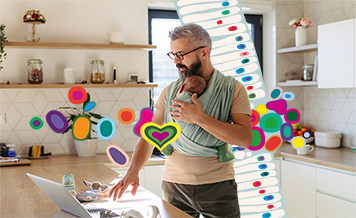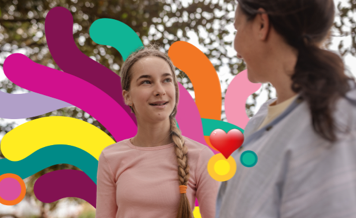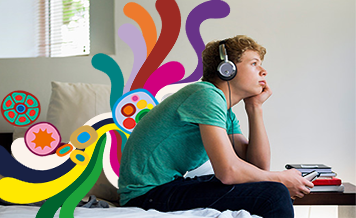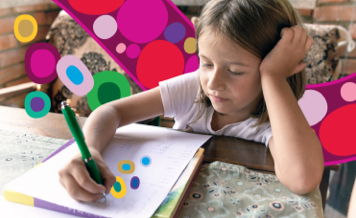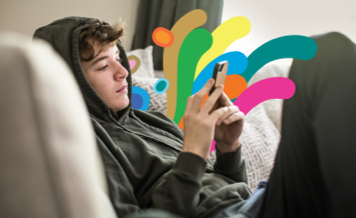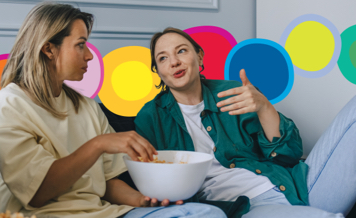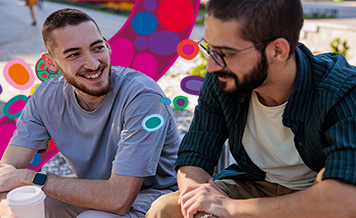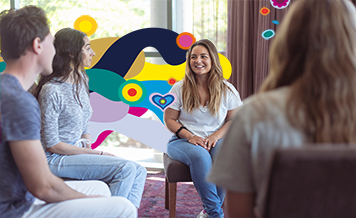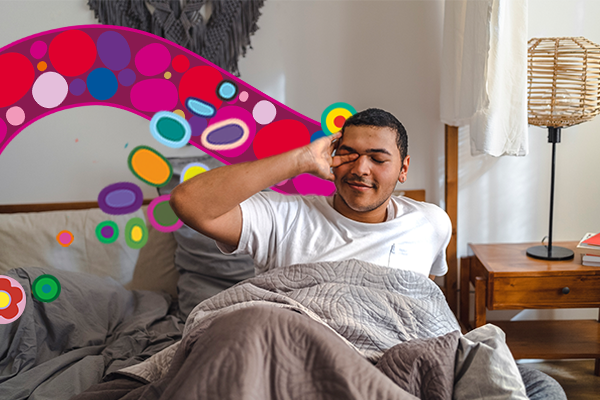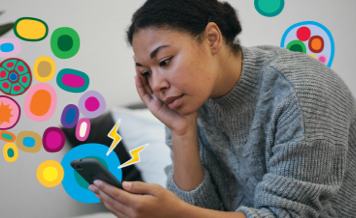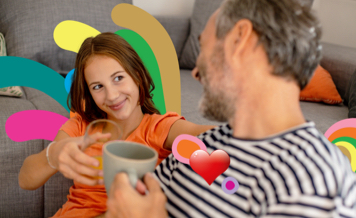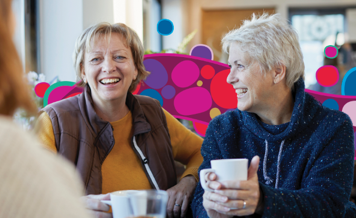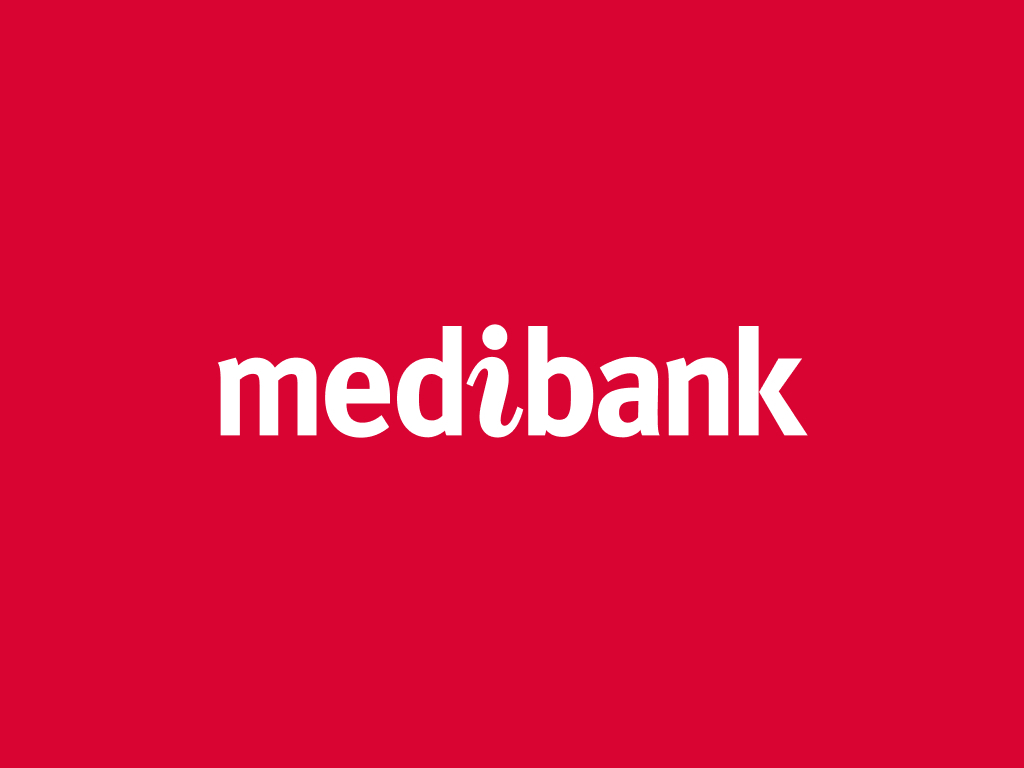-
* Medibank Alcohol and Drug Detox at Home program is initially a 12-month trial that starts on 24 November 2025.
^ Participation in the program is subject to Clean Slate Clinic’s eligibility criteria and may not be suitable for everyone.
+ Members must, for the duration of the program, hold residential hospital cover with Included Hospital psychiatric services, and have served any applicable waiting periods.
Drugs, alcohol and mental health

A National Drug Strategy Household Survey (2022 – 2023) estimates that 18 per cent of the general population aged 14 and over has been diagnosed or treated for a mental health condition in the previous 12 months.
Substance use in Australia
In 2022 – 2023, around 1 in 3 people aged 14 and over consumed alcohol at risky levels. To reduce the risk of harm from alcohol-related disease or injury, it’s recommended that people should drink no more than 10 standard drinks a week and no more than 4 standard drinks on any one day.
It’s estimated that 10.2 million people aged 14 and over in Australia have illicitly used a drug at some point in their lifetime, which includes the non-medical use of pharmaceuticals. An estimated 3.9 million people have used an illicit drug in the previous 12 months.
These stats show that substances have been present in the lives of millions of Australians.
Due to these numbers, it’s vital to understand the link between mental health and drug and alcohol use so you can be aware of the risks and know when to get help.
Counselling Online is a service that connects you to a professional counsellor to discuss your own substance use or that of someone you care about.
Family Drug Support (FDS) is a national service for families who deal with substance use. FDS provides a free, 24-hour national telephone support line, and support groups, education programs, counselling and bereavement services for families. Call: 1300 368 186
The impact of substance misuse on mental health
Mental health challenges may make a person more likely to use substances, or use substances at risky levels, as an attempt to self-medicate the symptoms associated with their mental health condition.
Keep in mind that this doesn’t mean that substance use is a clear trigger for a mental health condition or vice versa. There are many complex influences that may contribute to a mental health condition in an individual.
Common risk factors may cause substance use and mental illness to independently develop in the same individual. Risk factors include:
trauma,
personality traits
genetic influence
childhood environment.
The 2022–2023 National Drug Strategy Household Survey found that, compared with adults without a mental health condition those with a mental health condition were:
more likely to drink alcohol at risky levels
twice as likely to smoke daily
1.8 times as likely to use any illicit drug.
Substance use increases your risk of mental health issues such as anxiety, depression and psychosis.
The long-term effects of alcohol consumption above the recommended amount include mental health issues such as an increased risk of suicide. A dependence on alcohol can increase if you have depression, anxiety or a family history of alcohol dependence.

24/7 Medibank Mental Health Support
Medibank health insurance members can chat to a mental health professional about how they feel and ask questions about a range of mental health concerns for themselves or a loved one and get guidance on what they can do next. Chat online or call 1800 644 325 anytime of the day or night, 7 days a week at no extra cost.~
Treatment options
Different people will have different treatment needs, which depends on the nature and complexity of their relationship between mental health and drugs and alcohol.
There’s a range of treatment and support options available if you or someone you care about is experiencing problems associated with alcohol and/or other drugs.
Some people may need a little help while others may need intensive treatment options, such as residential rehabilitation.
Treatment options include:
counselling
treatment
information
support.
If you think you may have an issue with drugs or alcohol, asking for help is an important first step to making a change.

Alcohol and Drug Detox at Home program
Medibank is funding a service (until 24 Nov 2026*), provided by Clean Slate Clinic, enabling eligible members+^ with Included Hospital psychiatric services, to safely withdraw from alcohol, drugs or other stimulants at home, supported by an experienced nurse and GP.
For more information or any questions, please call our Customer Health Service Team or check your suitability on the Clean Slate Clinic website.
Where to get help
If your life or someone else’s is in danger, call 000 immediately.
If you’re in distress and need help, call Lifeline on 13 11 14 for 24/7 crisis support.
For non-emergency support, your GP or regular health practitioner is often the best place to start. They will be able to assess your individual situation and recommend the best next steps for your recovery.
Medibank health insurance members can chat to a mental health professional about how they feel and ask questions about a range of mental health concerns for themselves or a loved one and get guidance on what they can do next. Chat online or call 1800 644 325 anytime of the day or night, 7 days a week at no extra cost~.
Remember that help is always available, no matter the situation.
How can we help?
I want to know how my cover supports mental health
I need help and want to talk
Related articles
Things you need to know
~ Some referred services may involve out of pocket costs and waiting periods may apply.
While we hope you find this information helpful, please note that it is general in nature. It is not health advice, and is not tailored to meet your individual health needs. You should always consult a trusted health professional before making decisions about your health care. While we have prepared the information carefully, we can’t guarantee that it is accurate, complete or up-to-date. And while we may mention goods or services provided by others, we aren’t specifically endorsing them and can’t accept responsibility for them. For these reasons we are unable to accept responsibility for any loss that may be sustained from acting on this information (subject to applicable consumer guarantees).

